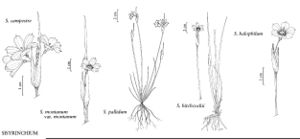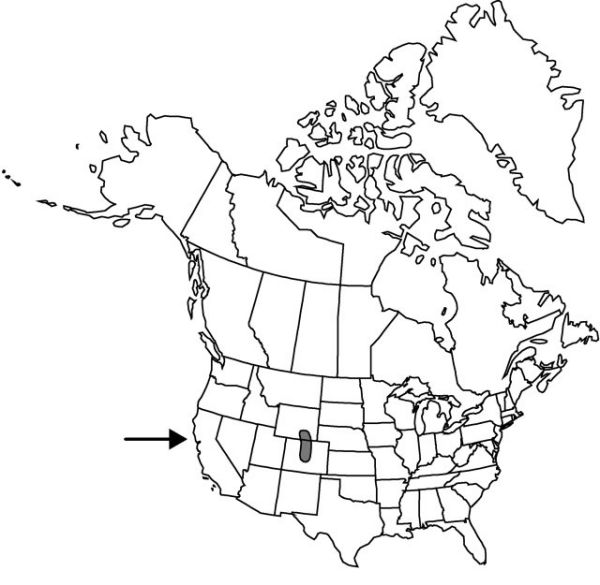Difference between revisions of "Sisyrinchium pallidum"
Brittonia 36: 361, fig. 7E–G. 1984.
imported>Volume Importer |
imported>Volume Importer |
||
| Line 56: | Line 56: | ||
|publication year=1984 | |publication year=1984 | ||
|special status=Illustrated;Endemic;Conservation concern | |special status=Illustrated;Endemic;Conservation concern | ||
| − | |source xml=https:// | + | |source xml=https://bitbucket.org/aafc-mbb/fna-data-curation/src/2e0870ddd59836b60bcf96646a41e87ea5a5943a/coarse_grained_fna_xml/V26/V26_747.xml |
|genus=Sisyrinchium | |genus=Sisyrinchium | ||
|species=Sisyrinchium pallidum | |species=Sisyrinchium pallidum | ||
Latest revision as of 21:16, 5 November 2020
Herbs, perennial, cespitose, green to olive when dry, to 3 dm, not glaucous; rhizomes scarcely discernable. Stems simple, 1–2 mm wide, glabrous, margins entire, similar in color and texture to stem body. Leaf blades glabrous, bases not persistent in fibrous tufts. Inflorescences borne singly; spathes green, glabrous, keels entire; outer 28–38 mm, 7–26 mm longer than inner, basally connate 2.6–4.3 mm, often very slightly constricted proximal to apex; inner with keels evenly curved, hyaline margins 0.1–0.5 mm wide, apex usually acute, ending 0–1.5 mm proximal to green apex. Flowers: tepals pale blue, bases yellow; outer tepals 7.6–10 mm, apex slightly emarginate or rounded, aristate; filaments connate ± entirely, stipitate-glandular basally; ovary similar in color to foliage. Capsules beige to dark brown, globose, 3–5 mm; pedicel ascending. Seeds globose to obconic, lacking obvious depression, 0.8–1.2 mm, granular or somewhat rugulose. 2n = 64.
Phenology: Flowering mid summer.
Habitat: Poorly drained, montane meadows
Elevation: 2600–3000 m
Discussion
Of conservation concern.
Selected References
None.

